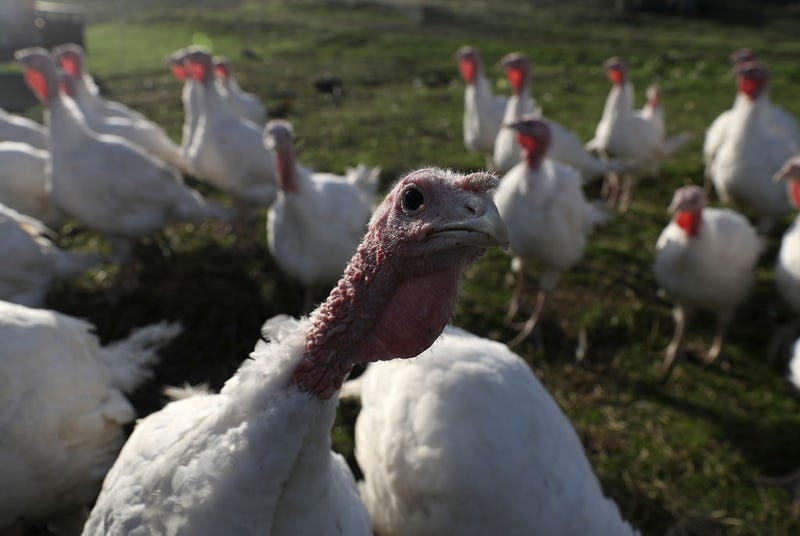
The bird flu has been confirmed in three poultry flocks in Minnesota, the state Board of Animal Health announced.
The agency said the poultry flocks are in Stearns, Meeker and Mower counties. Samples collected from both flocks were tested on March 25 and confirmed by the U.S. Department of Agriculture.
The state Board of Animal Health said it’s the first confirmed cases in the state which doesn’t come as a surprise after bird flu had already been found in neighboring states including Iowa and South Dakota.
Governor Tim Walz announced on Monday the activation of a United States Department of Agriculture (USDA) emergency response team in Minnesota to support the state’s disease control and containment efforts of H5N1 Highly Pathogenic Avian Influenza (HPAI), which poses a low risk to humans but is currently confirmed in three poultry flocks in Minnesota.
“Armed with years of preparation for this incident, our state’s Agricultural Incident Management Team is working quickly and decisively to respond to the cases of H5N1 in Minnesota,” said Walz. “Within hours of the first confirmed cases, our Board of Animal Health requested emergency support from the USDA. These federal partners will bring targeted expertise to contain this virus and ensure that our state’s poultry industry remains the strongest in the nation.”
State animal health officials have quarantined the Minnesota properties where bird flu was discovered. All birds in the flock will be destroyed and will not enter the food system, officials said.
Farms that raise turkeys and chickens for consumption have been on high alert and taking steps to increase biosecurity since avian influenza was recently discovered in a handful of states.
Minnesota Ag Commissioner Thom Petersen tells WCCO they will need to keep an eye on this after being hit really hard in 2015. The poultry industry lost about 9 million birds due to the outbreak in Minnesota that year.
“We’re starting to see flocks in other states have to be euthanized and that’s a concern,” Petersen says. “Fingers crossed but it’s likely more of the if-not-when scenario here.”
A farm in Indiana had to euthanize 29,000 birds last month after a strain of avian flu was discovered there.
Avian influenza is an airborne respiratory virus that spreads easily among chickens through nasal and eye secretions, as well as manure.
The virus can spread from flock to flock by wild birds, and through contact with infected poultry.
The state animal board says the virus has not caused human illness. According to the CDC, Recent Bird Flu Infections in U.S. Wild Birds and Poultry Pose a Low Risk to the Public. Petersen says consumers should not be concerned about the food they’re purchasing at this time.
“The turkey that is in stores is safe to eat, chicken and eggs, and everything else” Petersen told WCCO’s Mark Freie. “Our farmers are really doing their part to keep those flocks safe.”
Commercial poultry producers and backyard flock owners should continue to practice strict biosecurity according to the state, and most importantly prevent their birds from exposure to wild waterfowl.
Minnesota is ranked #1 in turkey production in the nation. Minnesota has more than 660 turkey farms that raise about 40 million birds annually, more than any other state. Turkey production generates $774 million in cash receipts annually, and in 2020, Minnesota exported about 15% of its production, worth approximately $114 million.

